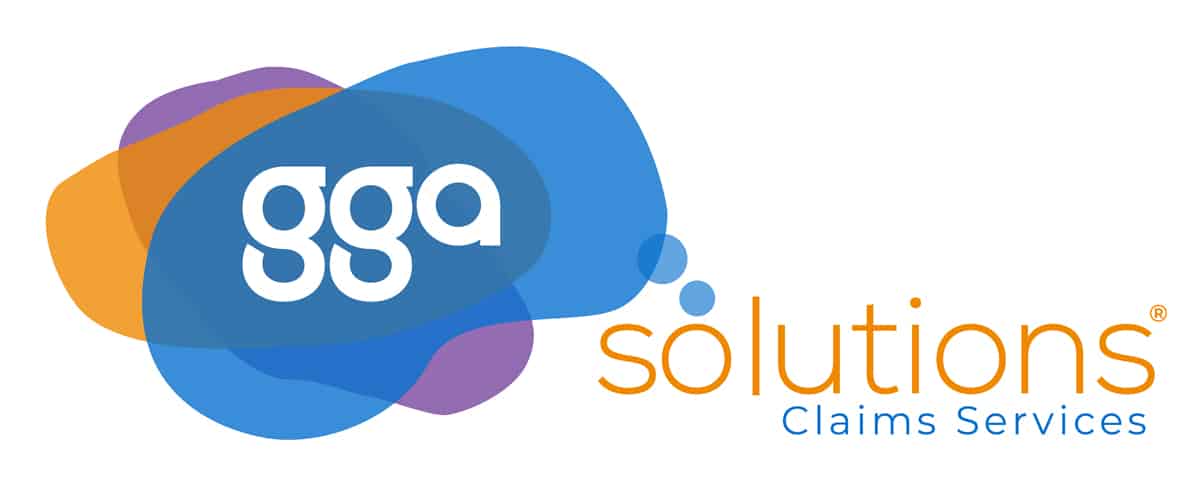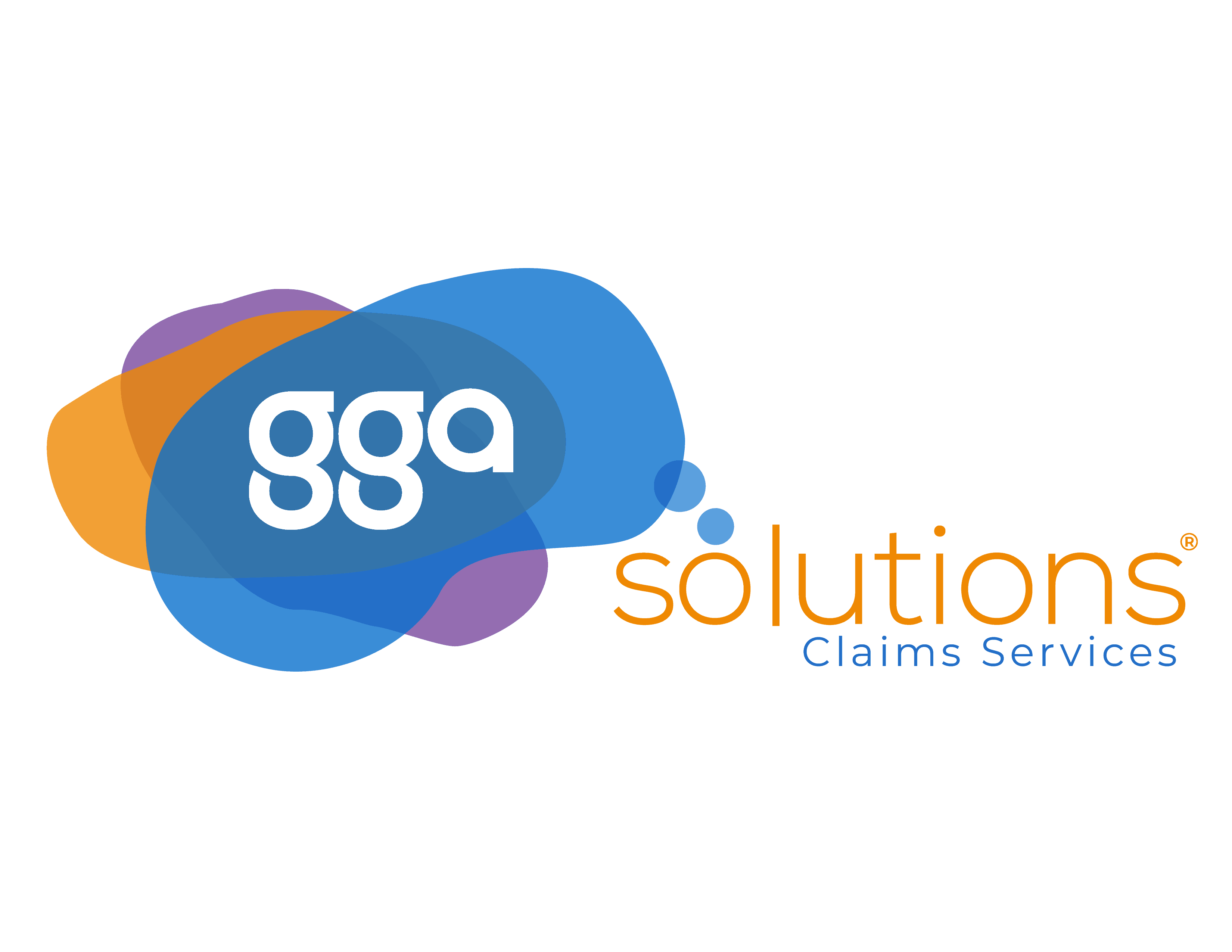Before businesses can effectively manage compliance, they need to understand the complexity of their environment. Regulations can vary by state, country, and industry. They govern everything from data handling and timelines to communications and privacy standards.
For insurance companies and self-insured employers, staying on top of these rules is non-negotiable. Claims management compliance means aligning your entire process—from intake to resolution—with those regulations, ensuring every step meets legal and ethical expectations. Beyond federal mandates, organizations must also be responsive to state-level legislation and industry-specific requirements. Failure to meet even one of these standards could lead to cascading complications that stretch across departments and stakeholder relationships.
Key areas of regulation:
- Timely Communication: Many jurisdictions have strict requirements for acknowledging and responding to claims.
- Data Privacy: Compliance with laws like GDPR or HIPAA is essential, especially when handling sensitive customer data.
- Fair Claims Handling: Regulators watch closely for bias, delays, or unfair denials.
- Documentation and Audit Trails: Every step in the claims process must be trackable and reportable.
In some industries, there are also specialized compliance standards related to insurance fraud detection, third-party administrator agreements, or public disclosure obligations. Keeping these aligned with core compliance efforts ensures a more integrated, efficient approach to managing claims.












